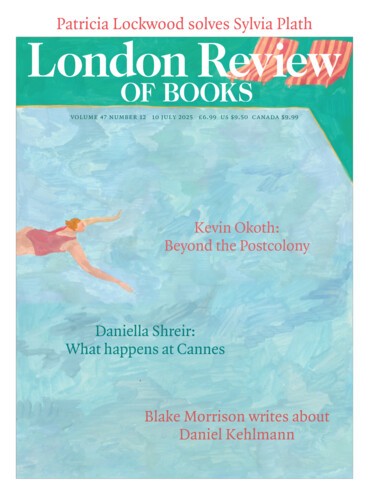Le Festival de Cannes was inaugurated in 1939 to coincide with – and compete with – the Venice Film Festival. The previous year, Leni Riefenstahl had been awarded the Mussolini Cup for Olympia, leading the American representative on the jury to leave the ceremony in protest. Cannes was chosen in the hope that the festival would revive its appeal as a luxury destination, which...
Western critics take Jafar Panahi’s ‘banned’ status to mean that he cannot legally make films in Iran, but in fact it means that he can’t work with the state (not that he would want to) or access state funding, and he can’t get a licence to film in public places or screen his films publicly. The festival can be jarringly self-congratulatory, but it also has real power: the decision to include a particular film makes a dissident director into a celebrity, which gives them a level of protection in their home country.


